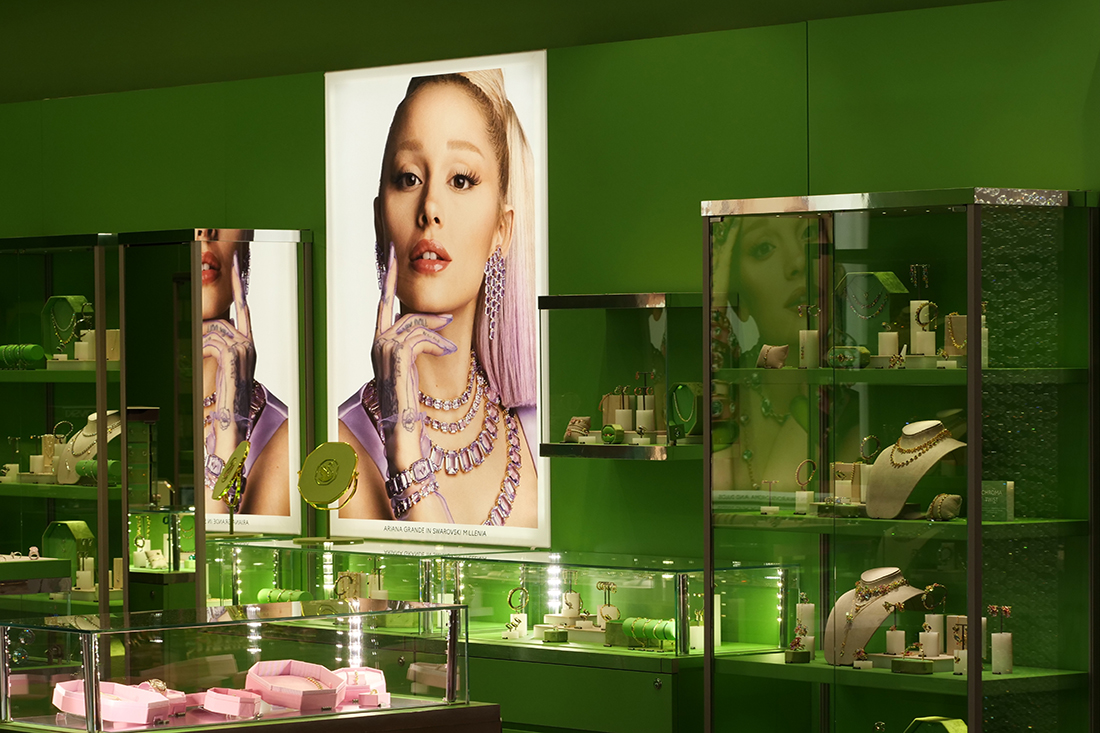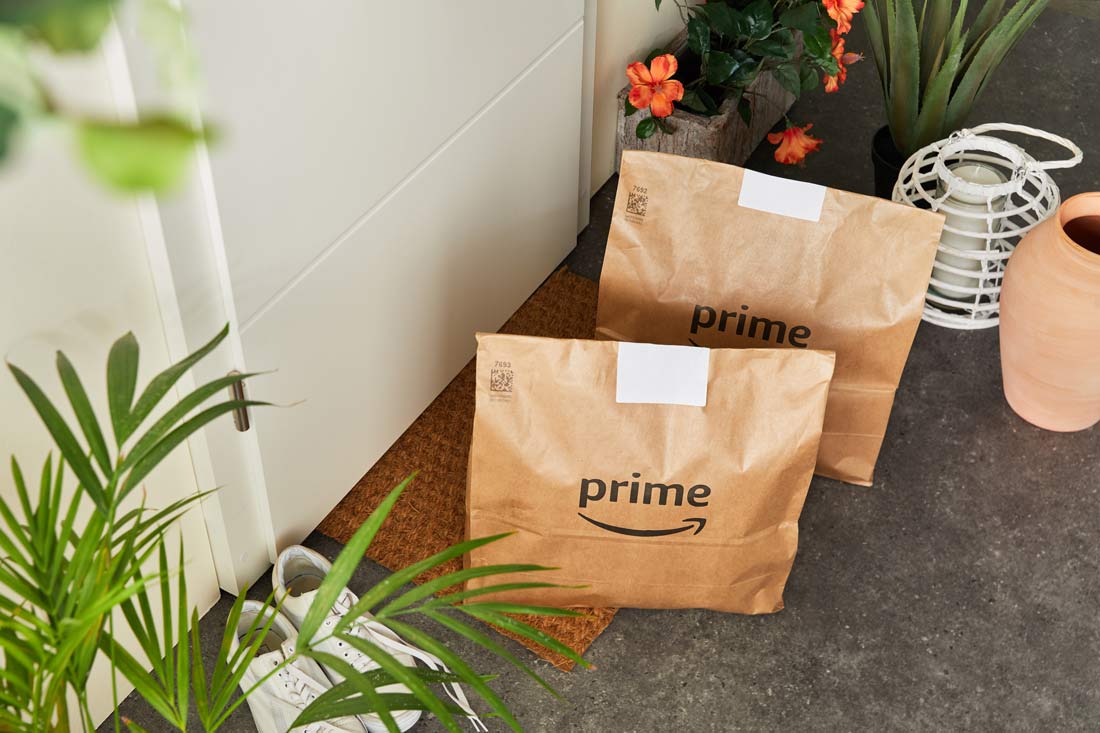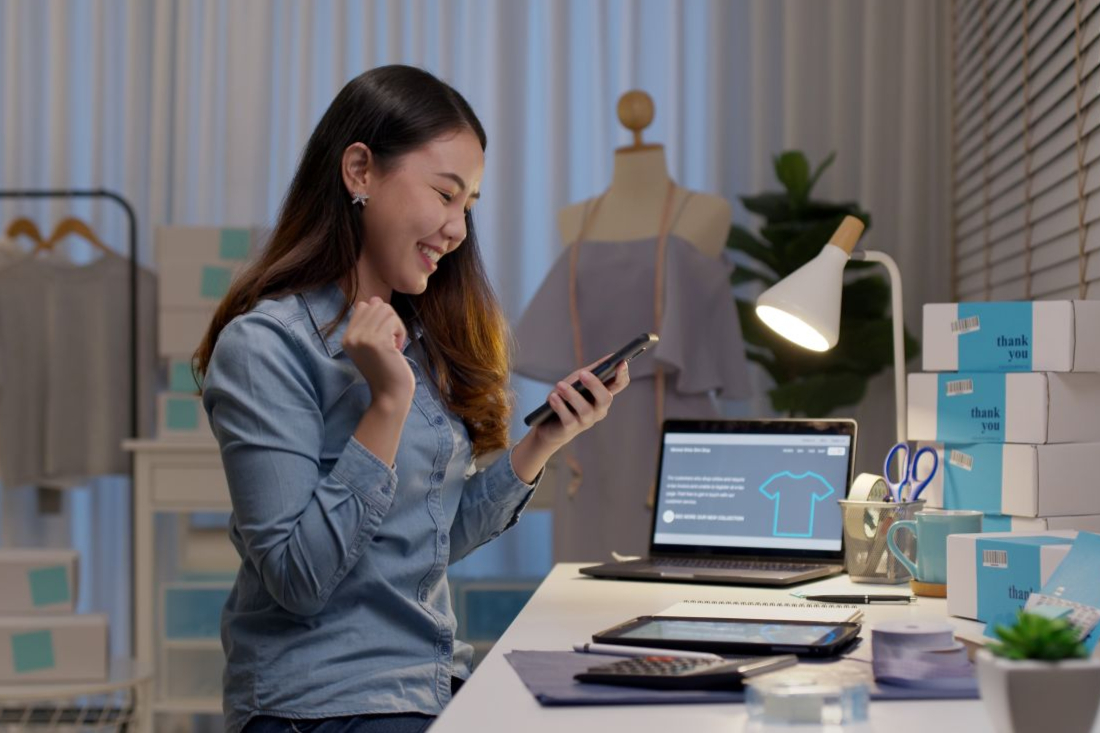What you’ll learn: Discover why some companies are seeking celebrity brand partnerships and the possible risks in this arrangement. Plus, get a few considerations before getting started.
Celebrity brand partnerships have evolved from simple endorsements to deep business collaborations. These can have many benefits, from boosting visibility to enhanced media coverage to building consumer trust. However, authenticity and alignment with the brand’s values are key to success. As influencer marketing rises, companies now seek celebrities who truly connect with their products and audience.
The celebrity endorsement is nothing new: Jack Benny lauded JELL-O and Queen Victoria sipped on Cadbury’s cocoa. But in recent years, the relationship between celebrities and brands has grown stronger and more interconnected. Ryan Reynolds is known as a movie star and also for his stakes in Aviation American Gin, Mint Mobile, Maximum Effort (a production company) and a slew of other organizations. Selena Gomez, Lady Gaga and Rihanna are just a few of the celebrities with makeup brands. Meanwhile, Jennifer Garner and Jessica Alba—and many other celebrity moms—helped found mom-focused brands like Once Upon a Farm and The Honest Company.
Companies now collaborate more closely with celebrities than ever before. Today, celebrities don’t just appear in commercials. They also found and invest in companies, steer creative direction and, yes, act as endorsers of products and brands.
Here, we’ll take a look at why these partnerships are so popular and what’s at stake for everyone involved. We’ll also cover a few tips if you’re interested in dipping your toes into this branding strategy.
The Rise of Celebrity Brand Partnerships in Business Strategy
Kanye West and Adidas. Michael Jordan and Nike. Ryan Reynolds and Aviation American Gin. Jennifer Garner and Once Upon a Farm. These celebrity brand partnerships go beyond simply the celebrity endorsing the product. In fact, the celebrities become core to the product. In the case of Kanye West, he collaborated with a dedicated team from Adidas on the creative aspects of the Yeezy sneakers. (More on that partnership in a moment.)
Celebrities can help with marketing through touting products on social media and in advertisements, but today they also go beyond. There are different ways celebrities can be deeply and strategically embedded within a company.
Equity Deals
In this arrangement, the celebrity gets a stake in the company in exchange for an endorsement. This can lead to lower upfront costs. It also means the celebrity has a big motivation for touting your product.
Keep in mind, however, that a celebrity’s time in the spotlight is uncertain. There’s the potential to make an equity deal and then have the person’s fame diminish or have bad press around the celebrity. Plus, this celebrity now has a stake in your company.
Sometimes, rather than receiving equity, a celebrity might receive a cut of the revenue—this also binds them to the success of the product.
Co-Founder Titles
When celebrities have a co-founder title, it makes them synonymous with your brand. Here, the celebrity often helps develop and market products. For instance, Jessica Alba co-founded The Honest Company, which makes baby products. She also served as chief creative officer for many years before stepping down. Brands may also provide other titles to celebrities involved in brands. For instance, Zac Efron served as chief brand officer for Kodiak, which makes high-protein baking mixes.
The bottom line? These days, it’s not uncommon for musicians, actors, influencers and more to work with company brands. They may be integrated into a company’s growth plan as a strategic partner.
What Makes a Celebrity-Backed Startup Stand Out
There are many benefits that celebrity involvement can bring to a startup or brand. This is why entrepreneurs and executives see such value in celebrity-backed startups. Here are a few key advantages:
Recognition and Visibility
The most major, of course, is the spike in recognition and visibility. A brand that may not be known can get a big lift from a celebrity’s star power and their ability to garner earned media easily. Picture trying to land your alcohol brand mentions in the press—you’ll have to work hard to get placements in food and beverage media. But align yourself with a celebrity, and you’ll gain coverage across a wide array of media outlets, gaining far greater exposure.
Positive Associations (When It’s the Right Fit)
It’s not just media attention: Consumers will also transfer their feelings about the celebrity to your brand. Choose a celebrity who is the right fit, and you’ll gain from their reputation and how they’re perceived.
The flip side: Reputations matter, as Adidas found out after partnering with Kanye West. While the Yeezy line was popular and a commercial success, Adidas had to end the partnership with West as a creative leader and celebrity ambassador after the singer’s antisemitic remarks.
Possible Increased Investor Interest
Finally, a connection with a celebrity can also work to gain investor interest. That hypothetical alcohol brand stands out in communications when it’s aligned with a celebrity. As in the case of George Clooney and Casamigos, the celebrity can also use their star power to help land deals. Essentially, when you partner with a celebrity, your network tends to grow.
But the authenticity of the pairing matters. Jennifer Lopez received pushback and criticism from the media and consumers after launching cocktail brand Delola, since she’s known not to imbibe. Rather than being embedded within the brand (as Clooney was with Casamigos and Reynolds was with Aviation American Gin), Lopez’s involvement may have seemed inauthentic. Make it a priority to partner with a celebrity that genuinely enjoys your product and shares in your company values for the best chance at success.
Related: How to Do Personal Branding Like DJ Khaled
Why Influencer Marketing for Companies Is Evolving
Companies used to solely seek out big-name celebrities—the athletes, actors and musicians that everyone knew by name—to endorse and promote partners. But now, there’s another path companies can take: influencer. On social media, influencers play an outsized role in marketing products. Unlike a Michael Jordan or Angelina Jolie, online influencers might feel more relatable. People may choose to follow them closely because they’re aligned in terms of interests or demographics.
For marketers, that’s an attractive combination, offering the possibility to target a company’s precise users. Now, companies may conceive of campaigns built around one or several influencers. Rather than give away products or provide an affiliate opportunity, companies may seek to build authentic, long-term relationships. Sometimes their influencers are framed as being brand ambassadors, showing how products are naturally used in their everyday life and promoting products consistently. Instead of a single post promoting a brand, these relationships are deeper.
So when brands turn to celebrities or influencers to act in this role, they want to ensure the right fit. They are looking for people who make sense for the company and its products, have a reputation that’ll boost the company’s brand (and not diminish it), and other key factors. In short, strategies like celebrity brand partnerships and influencer marketing for companies make smart business sense. They can help build your brand when it’s the right fit.
Famous Brand Partnerships That Worked and Why
Let’s take a look at some successful collaborations between companies and celebrities:
- Rihanna and Fenty Beauty: Rihanna launched Fenty Beauty in partnership with luxury giant LVMH. She’s seen as far more than the face of the brand—her desire to have foundation shades for many skin colors led to Fenty Beauty’s huge launch. (It’s also spurred other cosmetics brands to expand their shade offerings.) Rihanna uses the brand and promotes it on her social media. She’s inextricably linked with the products and brand.
- Ryan Reynolds and Mint Mobile: You may have seen commercials with Ryan Reynolds touting Mint Mobile. He was an investor (which makes it likely that he made a profit when the brand was sold to T-Mobile) and continues to advertise for the cell phone service provider. He marketed the company through personality-driven ads while also providing marketing strategy.
- George Clooney and Casamigos: This tequila brand was deeply aligned with movie star George Clooney, which helped it receive attention from media, consumers and investors.
As these examples show, celebrity brand partnerships can be valuable and successful if done well.
Related: How to Build Your Personal Brand From the Ground Up
Building a Brand Ambassador Strategy With Star Power
Celebrity brand partnerships and influencer collaborations have a lot of potential for brands, as well as possible pitfalls. This is why it’s important for brands to carefully vet and select partners when it comes to influencer or celebrity brand ambassadors. Some key considerations for a brand ambassador strategy include:
Consider Demographics and Audience
Jennifer Aniston. Jennifer Garner. Jennifer Lopez. Jennifer Lawrence. Jennifer (Jenny) McCarthy. These Jennifers share a first name and fame, but appeal to different audiences. When you’re developing a partnership, consider the archetype and demographics you’re after and seek a celebrity with the matching appeal. That often means opting for a celebrity with a strong social presence. These days, a celebrity that only receives attention in print and television media is likely a poor fit compared to someone with a robust social presence.
Think About Reputation
There’s little truth to that old saying that there’s no such thing as bad PR. In reality, you want your brand aligned with someone who shares your values and has a reputation that’s a good match for your brand’s ethos and values.
If you’re going after a young, daring audience, a celebrity that’s frequently in the news for partying could still be a good fit. If you’re going after a mom demographic, a celebrity who’s photographed looking disheveled while holding a diaper bag makes sense. The key is to find someone who’s the right fit. Consider the person’s past and whether they’re unlikely to land in a scandal that can reflect poorly on your brand.
Seek a Shared Vision
Aim to partner with a celebrity who is a true fan of your products or services. This will lead to a more authentic partnership. Kim Kardashian tries on products for SKIMS early in their development (and, in fact, posts on social media from these sessions, helping to drive demand) and has a genuine passion for shapewear.
Factor in the Costs
Factor in the costs of partnering with a celebrity compared to other marketing efforts to assess if it seems worth it to your company and brand.
When it comes to your brand, celebrity partnerships can be beneficial, but they can also carry some level of risk. Keep this in mind as well. Celebrity reputations can change. What seems a good fit initially can become misaligned based on PR stumbles or other factors. Plus, there’s the possibility that coverage of your brand may focus on the celebrity and their involvement rather than the products you sell.
Related: A Simple 5-Step Guide to Branding
Celebrity Brand Partnerships & Influencer Collaborations Can Have Big Benefits
A relationship with a celebrity—whether they’re involved as a co-founder, driving creative strategy, deeply embedded in marketing efforts or involved in other ways —can have immense benefits for companies, allowing them to differentiate themselves from other brands and stand out in a crowded marketplace. But be sure to choose someone who is aligned with your brand and has a sincere and authentic connection to your products before making this move.
Photo by ChrisStock82/Shutterstock.com.







